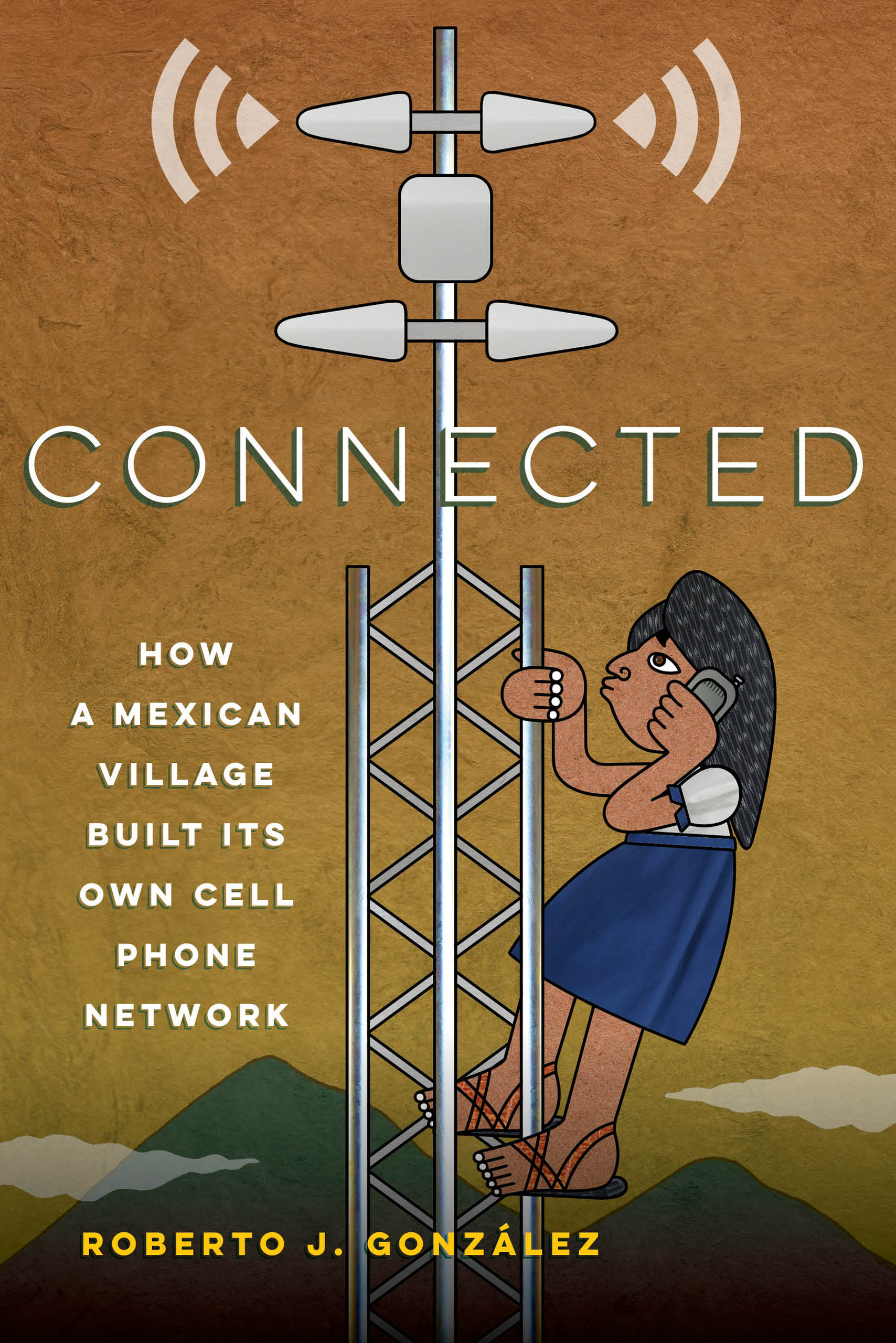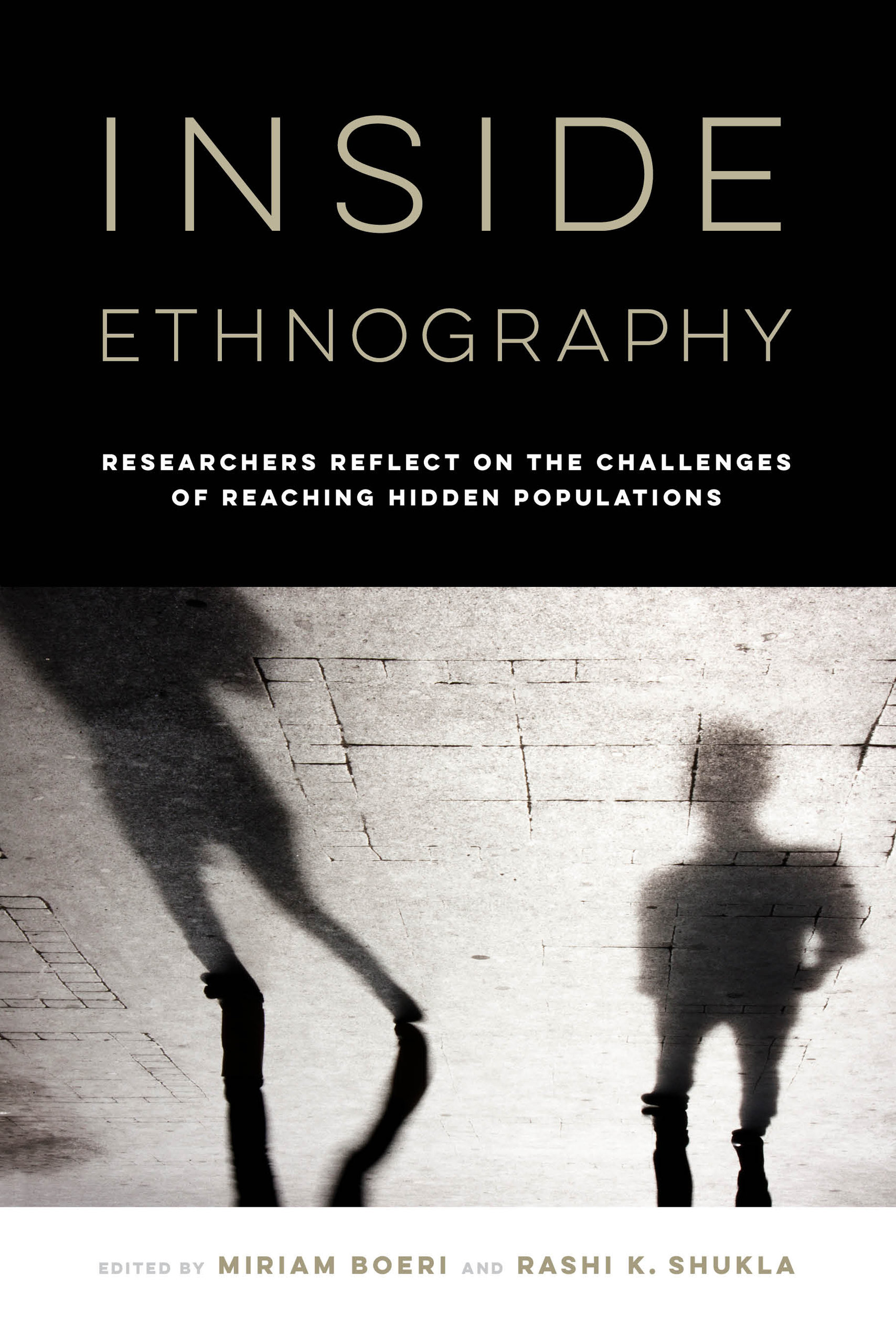Explore our groundbreaking books that facilitate teaching across disciplines. To request an exam copy, click on “Request an Exam or Desk Copy” on the book page, and this will take you to our distributor’s site where you can order your copy.
The Succeeders: How Immigrant Youth Are Transforming What It Means to Belong in America by Andrea Flores
In this eye-opening book, Andrea Flores examines how ideological struggles over who belongs in this country, who is valued, and who is considered to be an American are worked out by young people through ordinary acts of striving in school and caring for friends and family. Through examining the experiences of everyday Latino high school students—some undocumented, some citizens, and some from families with mixed immigration status—Flores traces how these youth, in the college-access program Succeeders, leverage educational success toward national belonging for themselves and their families, friends, and communities. These young people come to redefine what it means to belong in the United States by both conforming to and contesting the myth of the American Dream rooted in individual betterment. Their efforts demonstrate that meaningful national belonging can be based in our actions of caring for others. Ultimately, The Succeeders emphasizes the vital role that immigrants play in strengthening the social fabric of society, helping communities everywhere to thrive.
All I Eat Is Medicine: Going Hungry in Mozambique’s AIDS Economy by Ippolytos Kalofonos
All I Eat Is Medicine charts the lives of individuals and the operation of institutions in the thick of the AIDS epidemic in Mozambique during the global scale-up of treatment for HIV/AIDS at the turn of the twenty-first century. Even as the AIDS treatment scale-up saved lives, it perpetuated the exploitation and exclusion that was implicated in the propagation of the epidemic in the first place. This book calls attention to the global social commitments and responsibilities that a truly therapeutic global health requires.
Silence and Sacrifice: Family Stories of Care and the Limits of Love in Vietnam by Merav Shohet
How do families remain close when turbulent forces threaten to tear them apart? In this groundbreaking book based on more than a decade of research set in Vietnam, Merav Shohet explores what happens across generations to families that survive imperialism, war, and massive political and economic upheaval. Placing personal sacrifice at the center of her story, Shohet recounts vivid experiences of conflict, love, and loss. In doing so, her work challenges the idea that sacrifice is merely a blood-filled religious ritual or patriotic act. Today, domestic sacrifices—made largely by women—precariously knot family members together by silencing suffering and naturalizing cross-cutting gender, age, class, and political hierarchies. In rethinking ordinary ethics, this intimate ethnography reveals how quotidian acts of sacrifice help family members forge a sense of continuity in the face of trauma and decades of dramatic change.
Connected: How a Mexican Village Built Its Own Cell Phone Network by Roberto J. González
The true story of how, against all odds, a remote Mexican pueblo built its own autonomous cell phone network—without help from telecom companies or the government. Anthropologist Roberto J. González paints a vivid and nuanced picture of life in a Oaxaca mountain village and the collective tribulation, triumph, and tragedy the community experienced in pursuit of getting connected. In doing so, this book captures the challenges and contradictions facing Mexico’s indigenous peoples today, as they struggle to wire themselves into the 21st century using mobile technologies, ingenuity, and sheer determination. It also holds a broader lesson about the great paradox of the digital age, by exploring how constant connection through virtual worlds can hinder our ability to communicate with those around us.
Anthropologies of Revolution: Forging Time, People, and Worlds by Igor Cherstich, Martin Holbraad, and Nico Tassi
What can anthropological thinking contribute to the study of revolutions? The first book-length attempt to develop an anthropological approach to revolutions, Anthropologies of Revolution proposes that revolutions should be seen as concerted attempts to radically reconstitute the worlds people inhabit. Viewing revolutions as all-embracing, world-creating projects, the authors ask readers to move beyond the idea of revolutions as acts of violent political rupture, and instead view them as processes of societal transformation that penetrate deeply into the fabric of people’s lives, unfolding and refolding the coordinates of human existence.
Inside Ethnography: Researchers Reflect on the Challenges of Reaching Hidden Populations by Miriam Boeri and Rashi K. Shukla
While some books present “ideal” ethnographic field methods, Inside Ethnography shares the realities of fieldwork in action. With a focus on strategies employed with populations at society’s margins, twenty-one contemporary ethnographers examine their cutting-edge work with honesty and introspection, drawing readers into the field to reveal the challenges they have faced.
Representing disciplinary approaches from criminology, sociology, anthropology, public health, business, and social work, and designed explicitly for courses on ethnographic and qualitative methods, crime, deviance, drugs, and urban sociology, the authors portray an evolving methodology that adapts to the conditions of the field while tackling emerging controversies with perceptive sensitivity. Their judicious advice on how to avoid pitfalls and remedy missteps provides unusual insights for practitioners, academics, and undergraduate and graduate students.







